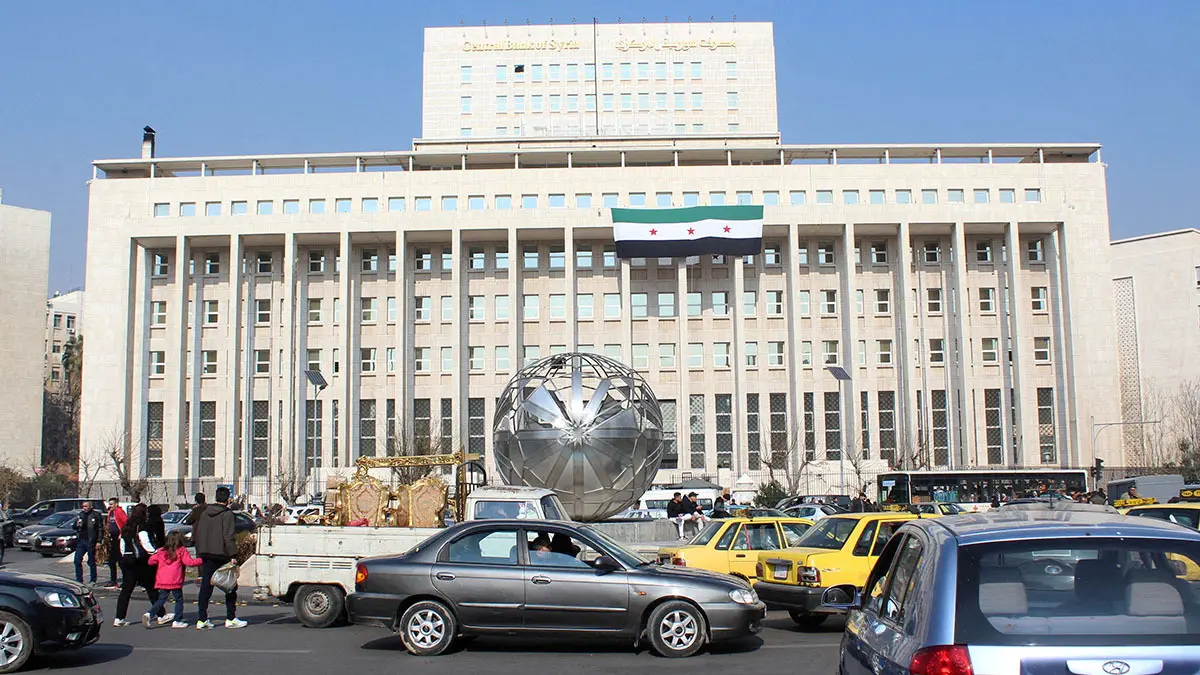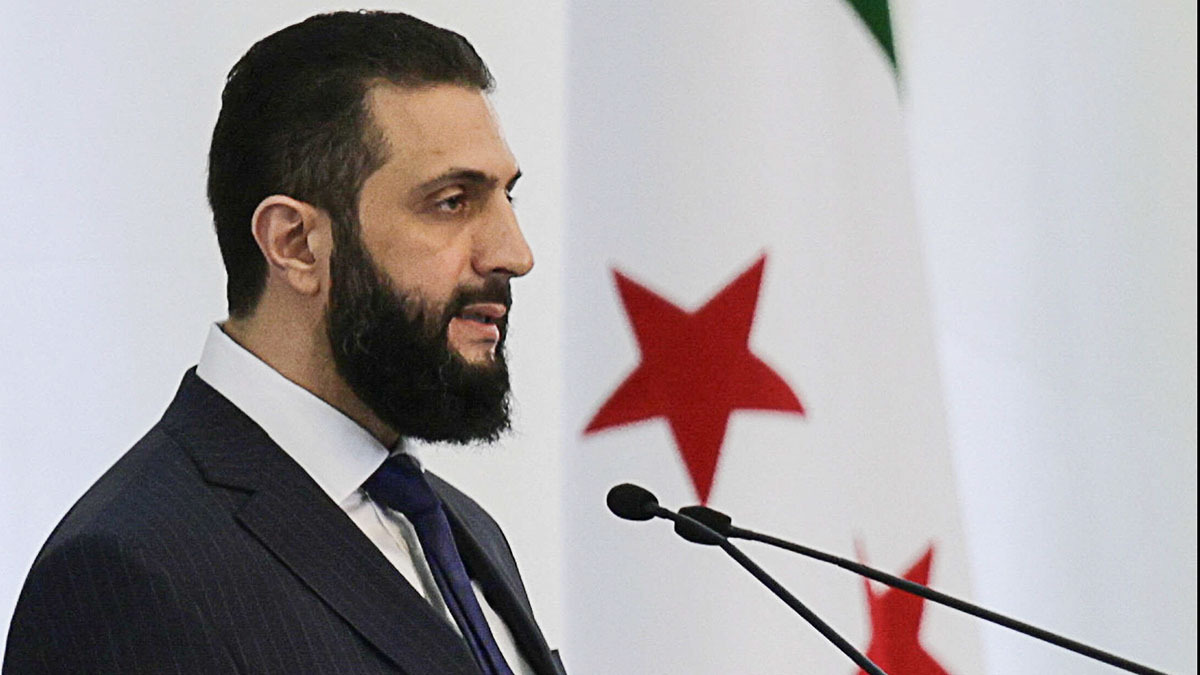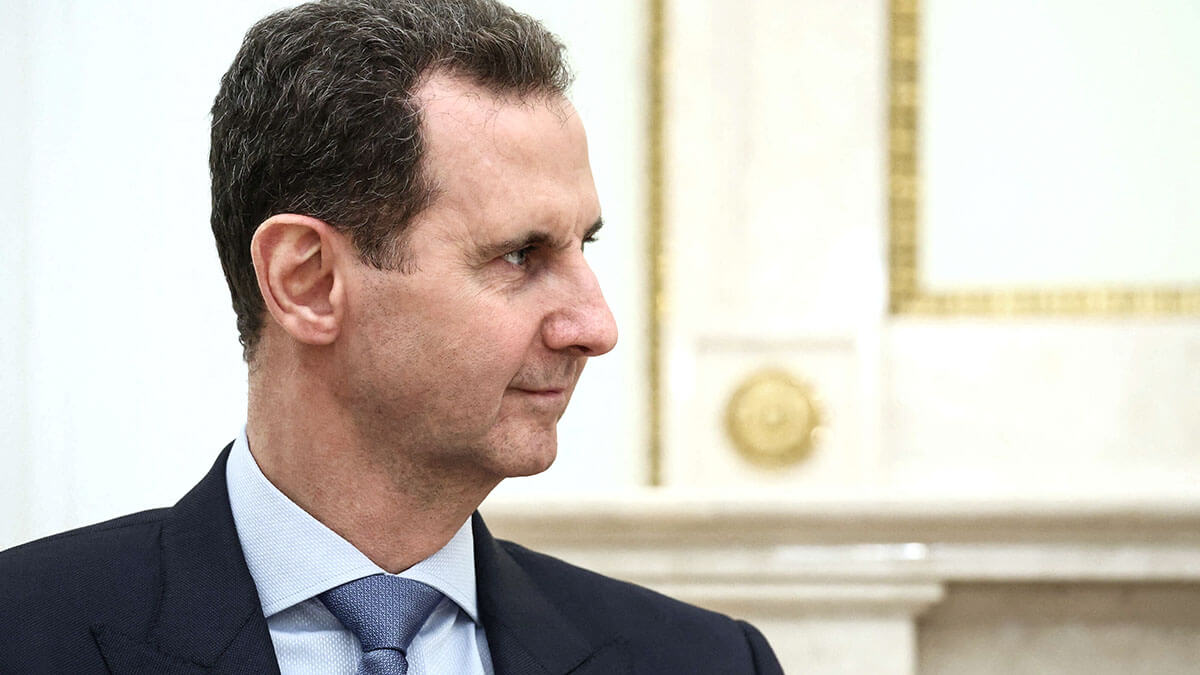Syria faces a critical moment for its economic reconstruction

The lifting of US sanctions on Damascus symbolises the possibility of responding to the complex economic situation in the Syrian Arab Republic and marks the end of its isolation from the international financial system. The US decision was joined by the European Union and the United Kingdom, which also proceeded to lift some of their sanctions.
This decision came during US President Donald Trump's tour of Middle Eastern countries. Specifically, the announcement was made in the Saudi Arabian capital, Riyadh, where the US president met with his counterpart, Syrian interim president Ahmed Al-Sharaa.
Both the host country and the secretary general acting on behalf of the Arab League, Ahmed Aboul Gheit, welcomed the news and the opportunity, even highlighting how necessary this was to continue with an effective recovery.

The civil war in Syria and the imposition of international sanctions are two of the main factors that have contributed to the collapse and decline of Syria's institutions and economy. This new measure could facilitate extensive humanitarian aid, as well as the process of addressing the severe deterioration facing the nation.
The UN resident and humanitarian coordinator for Syria, Adam Abdelmoula, and the regional humanitarian coordinator for the Syrian crisis, Ramanathan Balakrishnan, jointly highlighted the role of sanctions as an obstacle to vital assistance to the Arab country.
The World Bank has estimated that the Syrian economy is equivalent to that of Albania or Armenia, which have much smaller populations. Similarly, data shows an 83% decline in the period from 2010 to 2024, further highlighting its economic backwardness.
Likewise, the recent actions taken by the new government in power since December have been for the Central Bank to adopt a unified exchange rate for the lira, recover its assets frozen by Western governments during the Bashar Al-Assad regime to finance reforms, and assess how to deal with debts from bilateral loan agreements estimated at between 20 billion and 23 billion dollars.This amount is increased by countries such as Iran and Russia, where figures are estimated at between 30 billion and 50 billion dollars. With regard to the debt issue, lawyers specialising in sovereign debt have argued that it could be forgiven if it were included in the so-called odious wars under Bashar Al-Assad's rule, where the money was not used for the people but invested in weapons.

Faced with financial pressure, the government has had to resort to paying for essential imports through fuel smuggling, but above all through the production and trafficking of an illegal stimulant drug with effects similar to those of amphetamine, known as Captagon, which is currently highly valued in the Syrian economy. Syria has also lost a significant portion of its income from its oil fields, including control of them by groups such as ISIS and Kurdish fighters. All this has caused the country to align itself with its allies Iran and Russia and become heavily dependent on energy imports. The agricultural sector has also experienced declines in wheat production, further impoverishing the delicate situation.
It is believed that this uprising could initiate the rehabilitation of essential infrastructure, encourage investment in basic services and support general reconstruction. It is also hoped that this will be a step that translates into tangible efforts to meet the needs of the Syrian people and the Mediterranean country. Al-Sharaa stressed that this step marks the beginning of the hard work required to build a modern Syria. However, a slow recovery is expected due to the impoverishment and precariousness of the state and the still unstable government situation, including ongoing conflict in the region, which hinders the possibility of a linear process.








